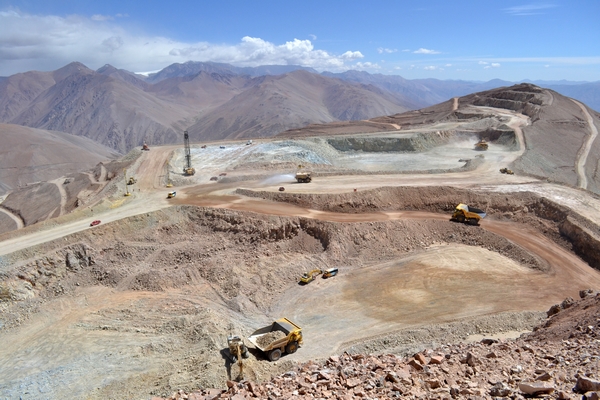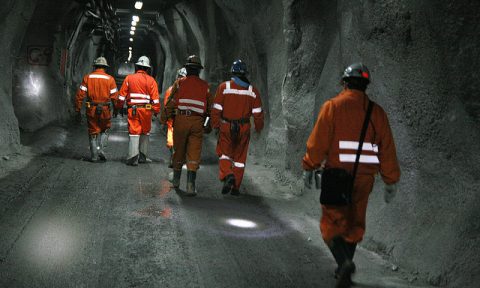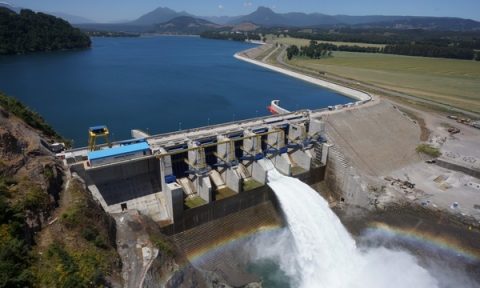Total productivity in mining accumulates down 82.7% in 10 years

Between 2000-2013, TFP declined on average 1.6% annually, while the measurement per worker by 0.3% did. This, despite the increased investment in the business.
A few days ago, the former Codelco’s Executive Thomas Keller referred to the low productivity that affects the Chilean mining industry, warning that the way to improve competitiveness involves joining forces between business and the state.
Not only him, but also other actors from business and economists have come to warn of the low productivity of the Chilean economy in terms of employment unless reaches half of that recorded by the OECD countries. In this whole affair, mining is the category that registered the worst performance in productivity.
From 2000 to 2013, the total factor productivity (TFP) of the sector accumulates a fall of 82.7%. Productivity per worker, 96.3%. Meanwhile, the mining investment brings on average 6 percentage points per year on productivity growth.
This, according to the Productivity Index of CLAPES -UC (Latin American Center for Economic and Social Policy) sector presented yesterday by its director, Felipe Larraín, with Hernán de Solminihac and Luis Gonzales, researchers at the institution.
According to the study, TFP in industry decreased by an average 1.6% per year, while labor productivity (GDP per mining worker) made it to an annual average of 0.3%.
The latter variable showed a rapid decline in the period from 2000-2010, when it scored a low average of 1.8% annually. Thereafter, a gradual improvement in this indicator is evident.
The causes of decline and future effects
Behind this sudden drop-UC CLAPES notes several factors: the evolution of real wages, the price of energy from the great northern grid (SING) and ore grade, explains De Solminihac.-
Looking to the future of the sector, despite the uncertainty of the price of copper and the decline in copper grade, from the institution are optimistic considering that there is room for improving productivity in reducing energy costs, the alignment of the additional production and changes in wages.
“We must continue working as a country in the mining industry to make the investment attractive and this can result in benefits to the state. If we do nothing, the picture is complex, because there are other countries that are working to improve that productivity. We must continue working in coordination between the public and private sector so that we achieve significant improvements in productivity”, he says.
“Investors clearly consider this variable in their analysis to invest,” adds De Solminihac on the need to implement measures to promote this variable. Nevertheless, the former minister from Sebastian Piñera’s government says he is optimistic awareness being generated on the importance of resolving this problem.
Source: Diario Financiero











